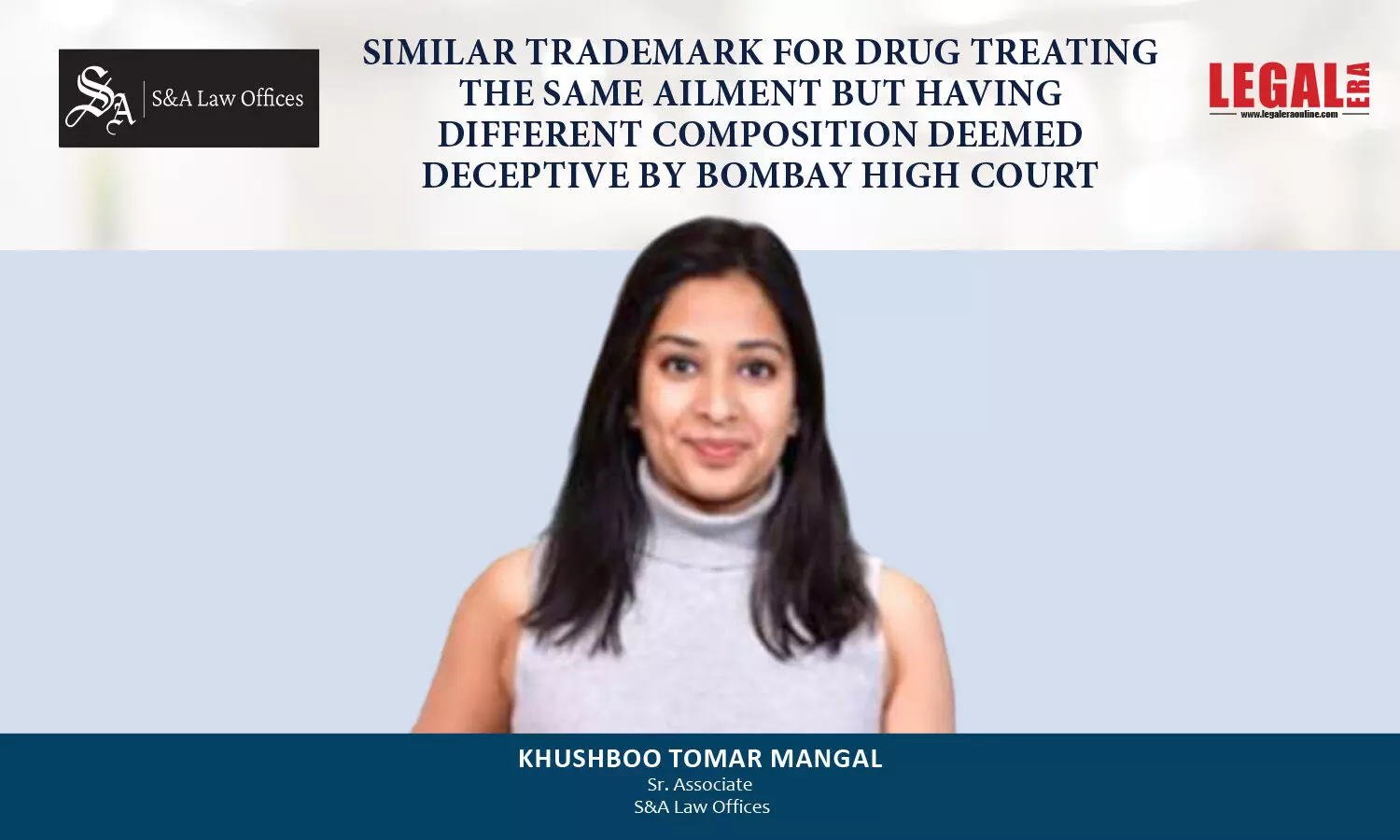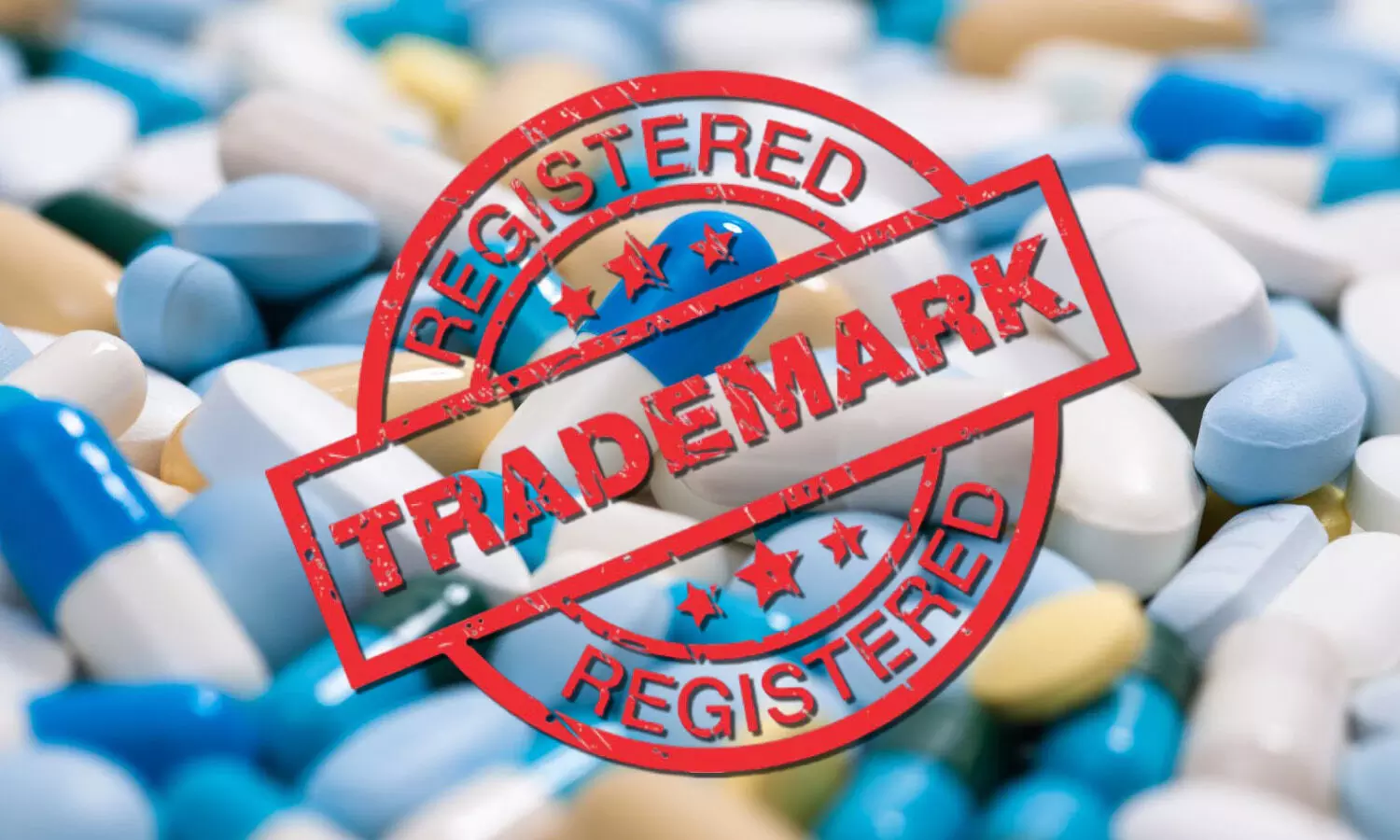- Home
- News
- Articles+
- Aerospace
- Artificial Intelligence
- Agriculture
- Alternate Dispute Resolution
- Arbitration & Mediation
- Banking and Finance
- Bankruptcy
- Book Review
- Bribery & Corruption
- Commercial Litigation
- Competition Law
- Conference Reports
- Consumer Products
- Contract
- Corporate Governance
- Corporate Law
- Covid-19
- Cryptocurrency
- Cybersecurity
- Data Protection
- Defence
- Digital Economy
- E-commerce
- Employment Law
- Energy and Natural Resources
- Entertainment and Sports Law
- Environmental Law
- Environmental, Social, and Governance
- Foreign Direct Investment
- Food and Beverage
- Gaming
- Health Care
- IBC Diaries
- In Focus
- Inclusion & Diversity
- Insurance Law
- Intellectual Property
- International Law
- IP & Tech Era
- Know the Law
- Labour Laws
- Law & Policy and Regulation
- Litigation
- Litigation Funding
- Manufacturing
- Mergers & Acquisitions
- NFTs
- Privacy
- Private Equity
- Project Finance
- Real Estate
- Risk and Compliance
- Student Corner
- Take On Board
- Tax
- Technology Media and Telecom
- Tributes
- Viewpoint
- Zoom In
- Law Firms
- In-House
- Rankings
- E-Magazine
- Legal Era TV
- Events
- Middle East
- Africa
- News
- Articles
- Aerospace
- Artificial Intelligence
- Agriculture
- Alternate Dispute Resolution
- Arbitration & Mediation
- Banking and Finance
- Bankruptcy
- Book Review
- Bribery & Corruption
- Commercial Litigation
- Competition Law
- Conference Reports
- Consumer Products
- Contract
- Corporate Governance
- Corporate Law
- Covid-19
- Cryptocurrency
- Cybersecurity
- Data Protection
- Defence
- Digital Economy
- E-commerce
- Employment Law
- Energy and Natural Resources
- Entertainment and Sports Law
- Environmental Law
- Environmental, Social, and Governance
- Foreign Direct Investment
- Food and Beverage
- Gaming
- Health Care
- IBC Diaries
- In Focus
- Inclusion & Diversity
- Insurance Law
- Intellectual Property
- International Law
- IP & Tech Era
- Know the Law
- Labour Laws
- Law & Policy and Regulation
- Litigation
- Litigation Funding
- Manufacturing
- Mergers & Acquisitions
- NFTs
- Privacy
- Private Equity
- Project Finance
- Real Estate
- Risk and Compliance
- Student Corner
- Take On Board
- Tax
- Technology Media and Telecom
- Tributes
- Viewpoint
- Zoom In
- Law Firms
- In-House
- Rankings
- E-Magazine
- Legal Era TV
- Events
- Middle East
- Africa

Similar Trademark For Drug Treating The Same Ailment But Having Different Composition Deemed Deceptive By Bombay High Court
Similar Trademark For Drug Treating The Same Ailment But Having Different Composition Deemed Deceptive By Bombay High Court

Similar Trademark For Drug Treating The Same Ailment But Having Different Composition Deemed Deceptive By Bombay High Court In a significant ruling, the Bombay High Court, under Justice Firdosh P. Pooniwalla, declared that trademarks which are structurally and phonetically like an already registered mark cannot be registered for drugs treating the same ailments but having...
To Read the Full Story, Subscribe to Legal Era News
Access Exclusive Legal Era Stories, Editorial Insights, and Expert Opinion.
Already a subscriber? Sign in Now
Similar Trademark For Drug Treating The Same Ailment But Having Different Composition Deemed Deceptive By Bombay High Court
In a significant ruling, the Bombay High Court, under Justice Firdosh P. Pooniwalla, declared that trademarks which are structurally and phonetically like an already registered mark cannot be registered for drugs treating the same ailments but having different compositions. This decision underscores the potential consumer confusion and harmful side effects such similarities could cause.
Background Facts
Glenmark Pharmaceuticals Ltd. (Plaintiff) is a company engaged in manufacturing, marketing, and selling pharmaceutical and medicinal preparations. One of its products is an anti-diabetic drug sold under the registered trademark "ZITA-MET". In 2013, Glenmark secured trademark registration for "ZITA-MET" and its formative trademarks in Class 5.
In August 2020, Glenmark discovered a trademark application by Gleck Pharma (OPC) Pvt Ltd. (Defendant) for "XIGAMET" in Class 5. Glenmark filed a Notice of Opposition on August 17, 2020. By April 18, 2023, Gleck submitted evidence in support of their trademark application, revealing that they were already selling medicinal preparations under the "XIGAMET" trademark.
On May 30, 2023, Glenmark issued a Cease-and-Desist notice to Gleck. Subsequently, in September 2023, Gleck filed a suit in the Srinagar court against Glenmark for groundless threat action, resulting in a temporary injunction against Glenmark. In response, Glenmark filed an interim application in a Commercial IP Suit to restrain Gleck from using the "XIGAMET" trademark or any other mark deceptively like "ZITA-MET."

Glenmark's Arguments
Glenmark argued that "ZITA-MET" and "XIGAMET" are phonetically, aurally, visually, and deceptively similar. They contended that dissecting the trademarks into components ("ZITA" and "MET" vs. "XIGA" and "MET") violated the anti-dissection rule. Additionally, Glenmark pointed out that both trademarks were for anti-diabetic drugs treating the same ailment but with different compositions (sitagliptin vs. teneligliptin), leading to potential harmful side effects due to consumer confusion.
Defendant's Arguments
Gleck countered that its product was distinct from Glenmark's and that the two trademarks were visually, phonetically, and aurally different. They emphasized differences in the starting letters and the hyphen in Glenmark's mark. Gleck also noted that "IG" and "IT" in the trademarks sounded different, and that "MET" was a common suffix used industry-wide for medications containing metformin.
Court's Findings
The court found that both marks, "XIGAMET" and "ZITA-MET," were structurally similar, containing the same number of letters and syllables, and phonetically similar. The court held that "XIGAMET" was deceptively similar to Glenmark's registered trademark "ZITA-MET."
Relying on the Supreme Court case Cadila Health Care Ltd. vs. Cadila Pharmaceuticals Ltd., the court emphasized that a lower threshold of proof is required for determining confusing similarity in medicinal products due to potential health risks. The court noted that many purchasers of medicinal products in India might not understand English, making slight differences in spelling phonetically indistinguishable.
Given that the rival products treated the same ailment but had different molecular compositions, the court concluded that any confusion between Glenmark's and Gleck's drugs could potentially result in harmful side effects. Consequently, the court granted Glenmark's request for an injunction against Gleck's use of the "XIGAMET" trademark.
Conclusion
The Bombay High Court's ruling highlights the importance of distinct trademarks in the pharmaceutical industry to prevent consumer confusion and ensure safety. Similar trademarks for drugs treating the same ailment but with different compositions are deemed deceptive and can create dangerous confusion among consumers.
Disclaimer: This article was first published in the S&A Law Offices - 'Intellectual Property (IP-Tech)' newsletter in June 2024.


